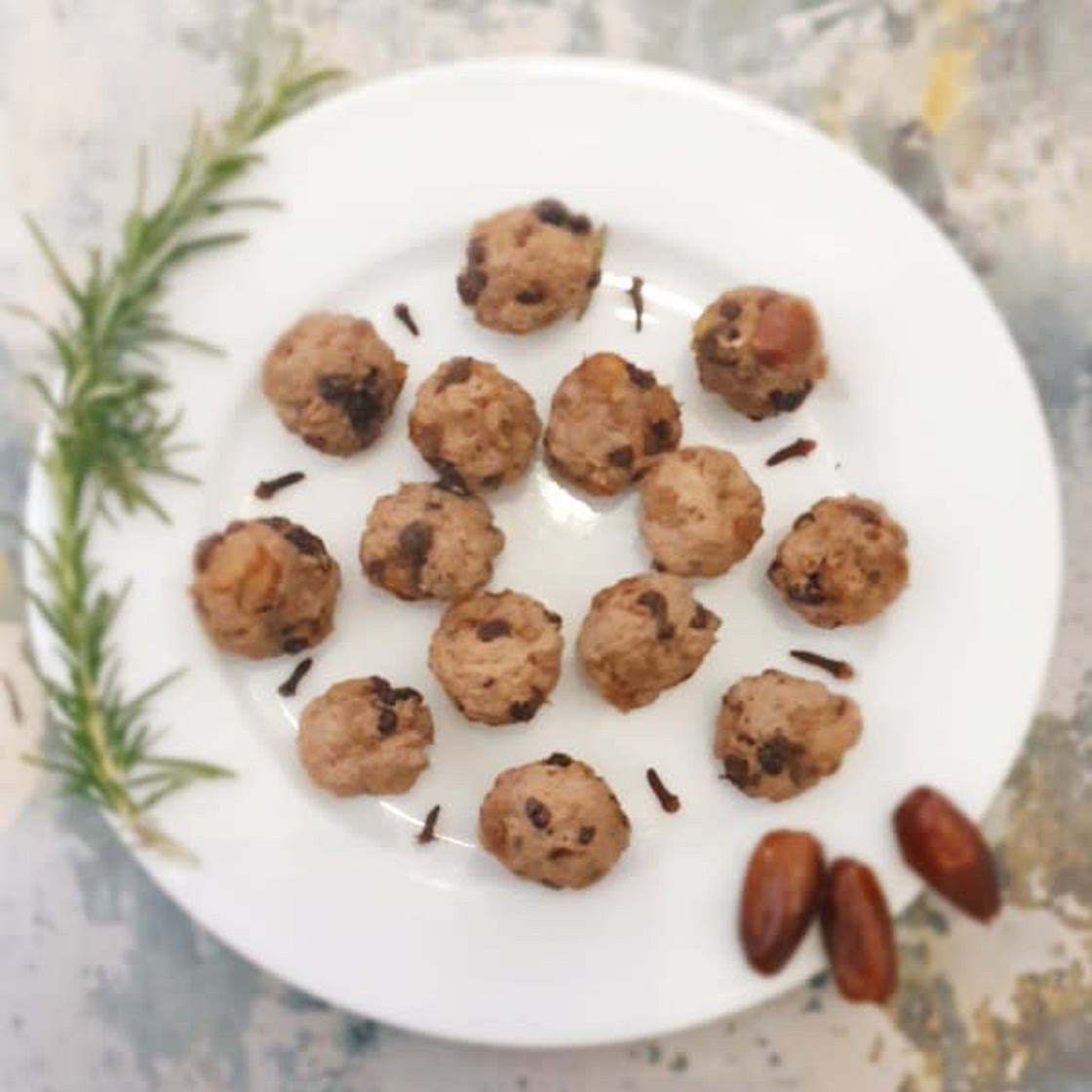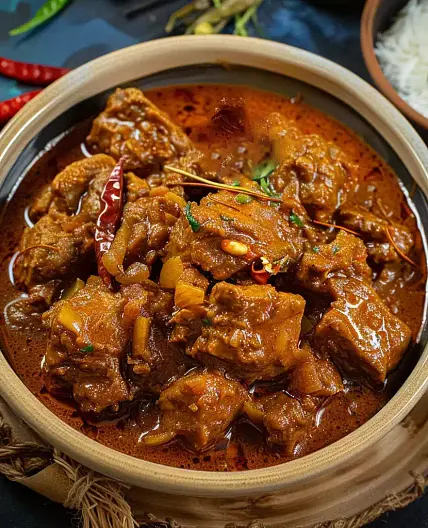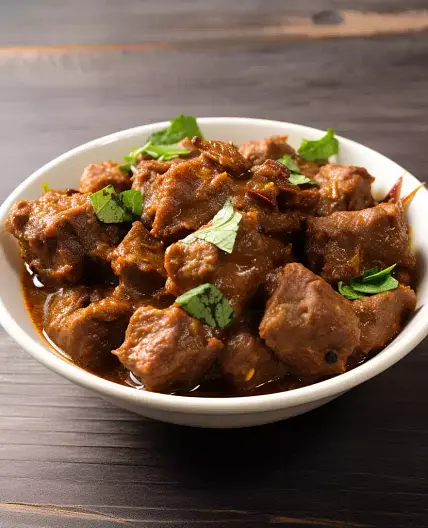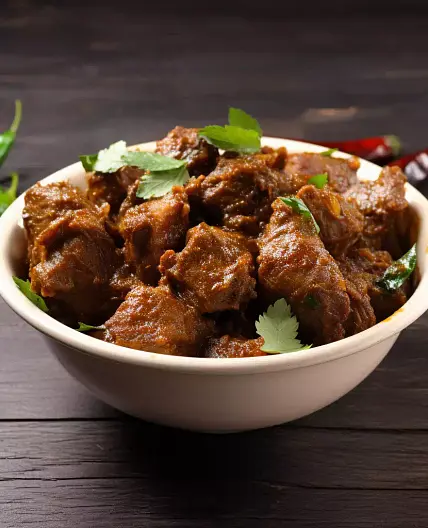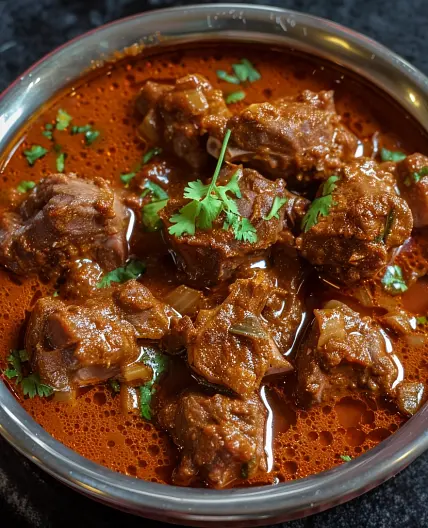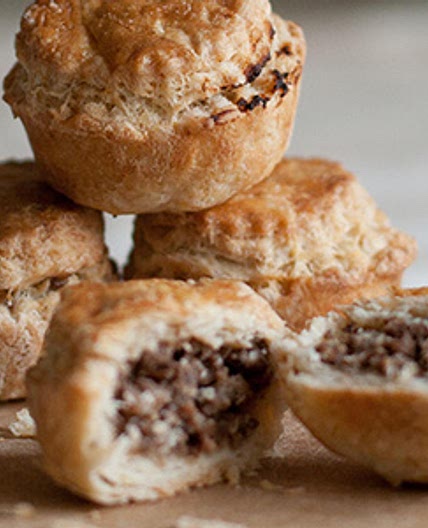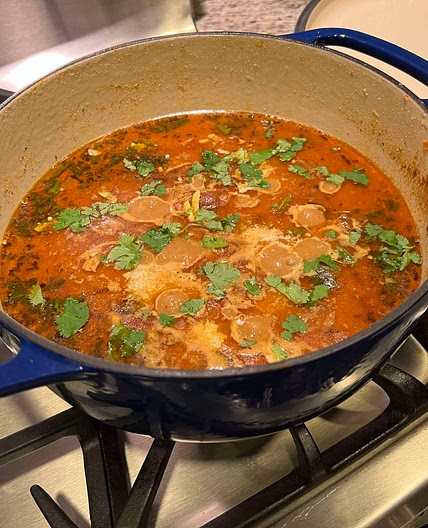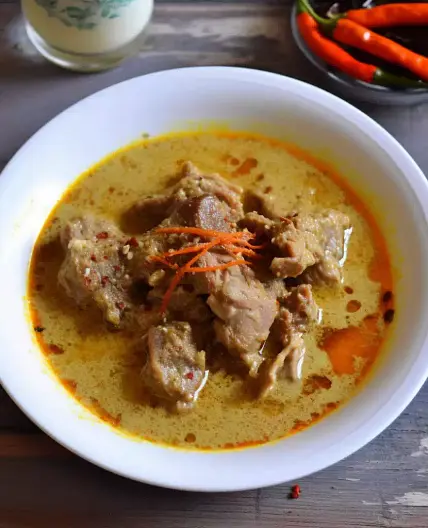By Jasmine
Farts of Portingale: 1594
5 steps
Prep:10minCook:10min
I’ll start by addressing the elephant in the room and dive right in to explain the name of this dish and answer the question everyone’s asking: Portingale simply means made in the “Portuguese-style”. In 1480 the merchant Martin Rodkyns imported 4,000 farts from Portugal at the surprisingly modest cost of 6s. 8d. (approximately £230 in today’s money) suggesting that supply of farts outstripped demand and/or farts weren’t valuable enough in their own right to tax heavily. Nevertheless, farts were clearly considered something of a treat and were served along with other “subtleties” at the enthronement feast of Archbishop Warham in 1504.
All clear? Excellent.
The second thing it’s probably good to get straight is that most 16th century culinary “farts” were small, lightly puffed up, air filled pastries.
Updated at: Wed, 16 Aug 2023 23:56:11 GMT
Nutrition balance score
Good
Glycemic Index
55
Moderate
Glycemic Load
10
Low
Nutrition per serving
Calories124.5 kcal (6%)
Total Fat1.9 g (3%)
Carbs17.6 g (7%)
Sugars13.5 g (15%)
Protein11.4 g (23%)
Sodium395.7 mg (20%)
Fiber1.2 g (4%)
% Daily Values based on a 2,000 calorie diet
Ingredients
6 servings
Instructions
Step 1
In a blender, combine the mutton, spices, salt, pepper, dates and currants. Whizz until the dates and currants are minced and incorporated evenly through the mutton.
Step 2
Heat the beef stock until it is simmering.
Step 3
Roll the minced fart mixture into meatball sized portions and drop them into the beef stock – about six or seven at a time.
Step 4
Cook in stock for no more than seven minutes.
Step 5
Remove the farts with a slotted spoon and allow to drain on a warm plate while you cook the rest.
View on thepastisaforeignpantry.com
↑Support creators by visiting their site 😊
Notes
0 liked
0 disliked
There are no notes yet. Be the first to share your experience!
